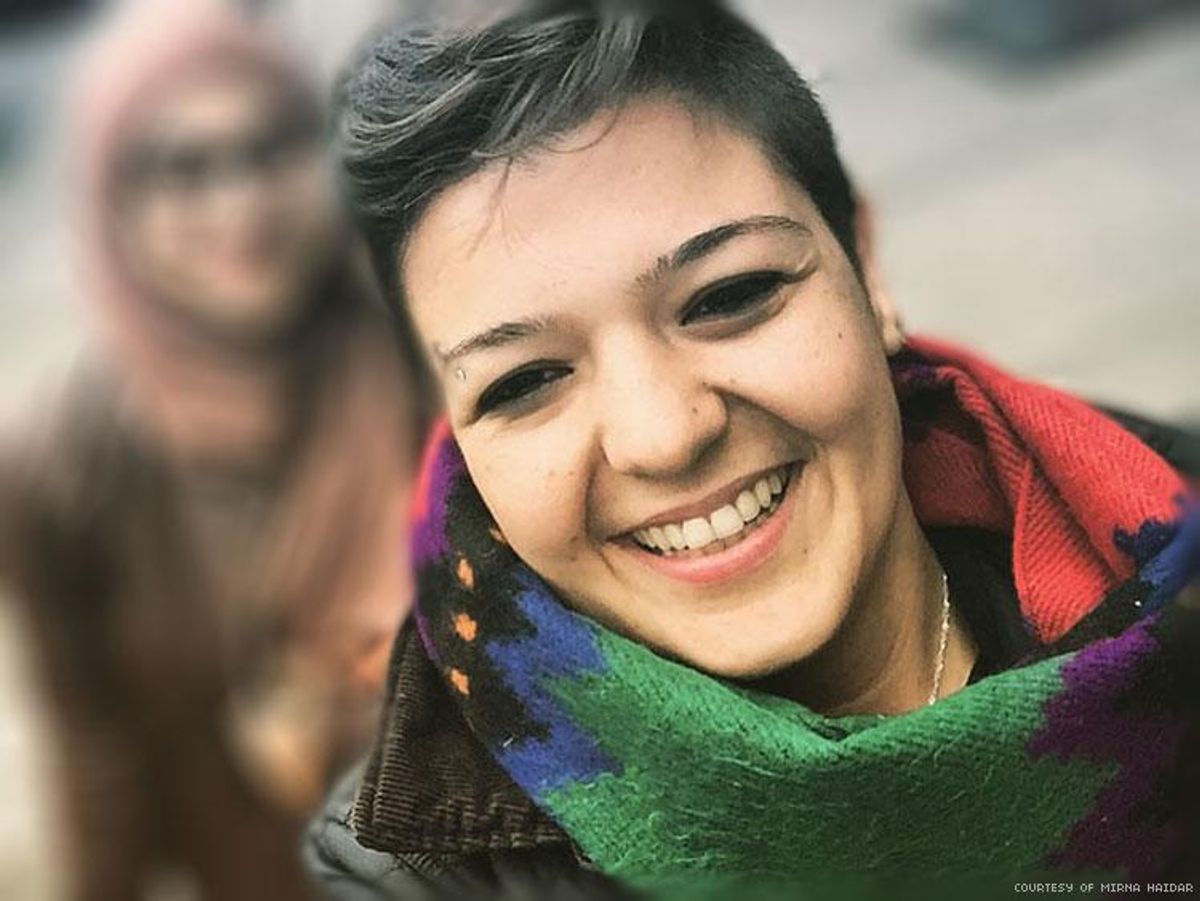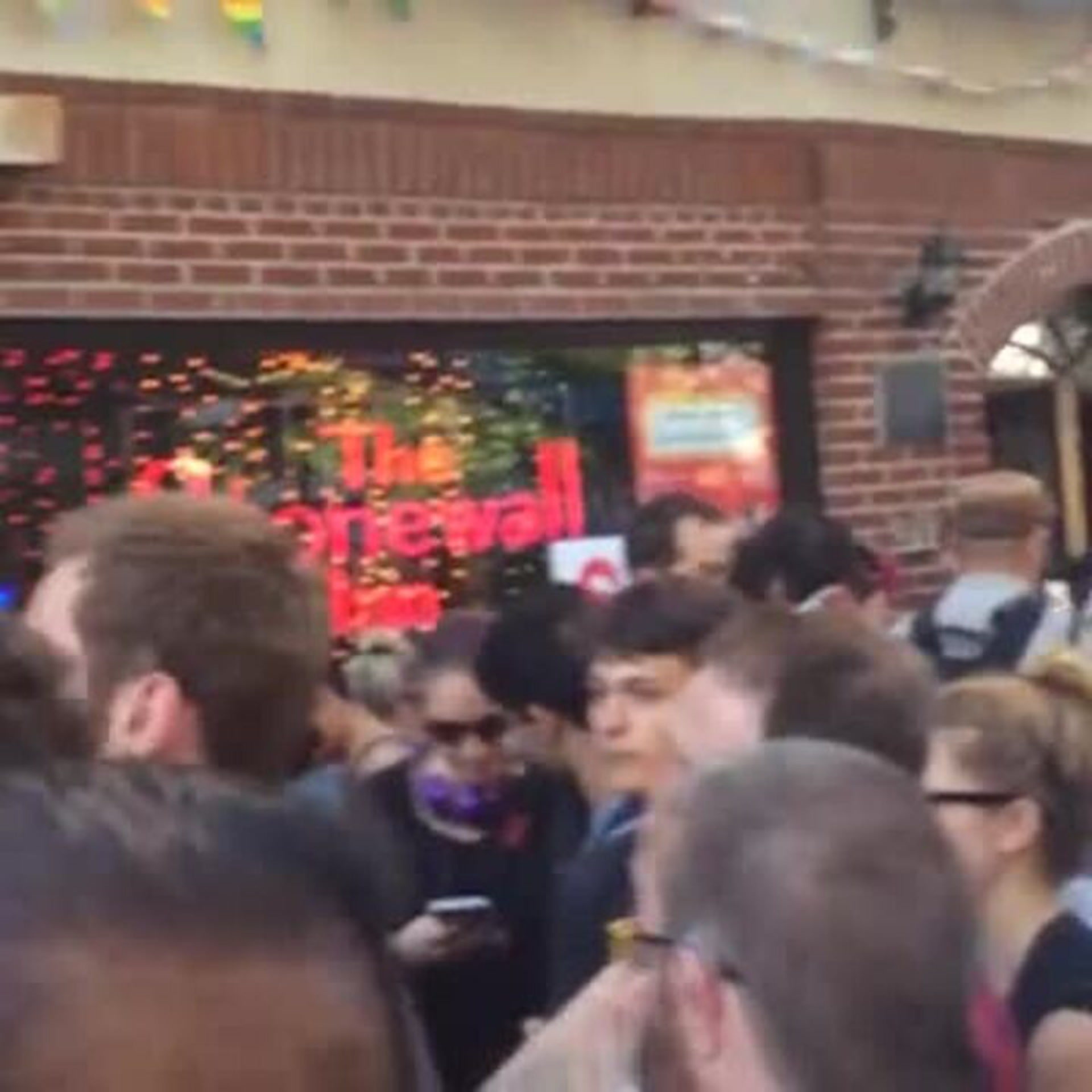Mirna Haidar sounds exhausted but determined. And she and her community of LGBT and allied Muslims are overwhelmed, both personally and as a group of people working to represent for themselves in the face of Islamophobia while in solidarity with fellow communities in grief. And it's the holiest month on the Islamic calendar, Ramadan, a time for fasting, reflection, and study.
"So many things are frustrating about this," Haidar, a board member for the Muslim Alliance for Sexual and Gender Diversity, tells The Advocate. "It's taking a lot away from us and moving us backward instead of forward."
She's volunteered to be a spokeswoman for the organization, to ensure that the media narratives are fair concerning queer Muslims and the Muslim population in general. This is a job that, sadly, must be done each time someone of Arab origin commits a criminal act.
(RELATED: To Be Queer and Muslim in the Age of Trump)
As an advocate for LGBT people and a gender-nonconforming Muslim, Haidar would rather be supporting the victims and the communities she feels are most vulnerable.
"I blame Islamophobia," Haidar says as she bikes to another vigil across New York City. "It's distracting us from the real problems we need to deal with ... trans Latina lives, access to guns in the country, and lack of access to mental health for people of color."
Islamophobia comes from a lot of places. At a rally, when she was trying to show solidarity and speak for her community, a heckler screamed at her. The commotion interrupted her speech, but the crowd shut the heckler down with chants of "No hate."
Haidar wants to counter not only the media narrative that erases or others LGBT Muslims but also the mainstream's resistance to respecting the intersectionality and existence of LGBT Muslim identities. The speeches, reports, memes and social media posts after the Orlando massacre have only intensified her effort to affirm that Muslim doesn't equal terrorist.
"When the United States is dealing with this horrible thing, we're focused on the language of extreme jihadism or extreme Islamism, rather than focusing on the root problem," says Haidar, who works with the Arab American Association of New York as well as on MASGD's steering committee. "That's what Islamophobia is doing, it's distracting us from the real problems we should be dealing with."
National conversation about gun control is being detoured by Islamophobia. In one of his speeches on Orlando, for example, President Obama dedicated most of his time to touting the effectivness of his strategy to combat ISIS and railing against the anti-Muslim rhetoric of Donald Trump and his supporters.
"We want to be able to comfort people and say, 'Oh, this is the problem -- we identified it as this whole one body that is alien to us and we attack it," says Haidar. She adds, "I hope we can really remember not to treat hate with more hate."



















































































